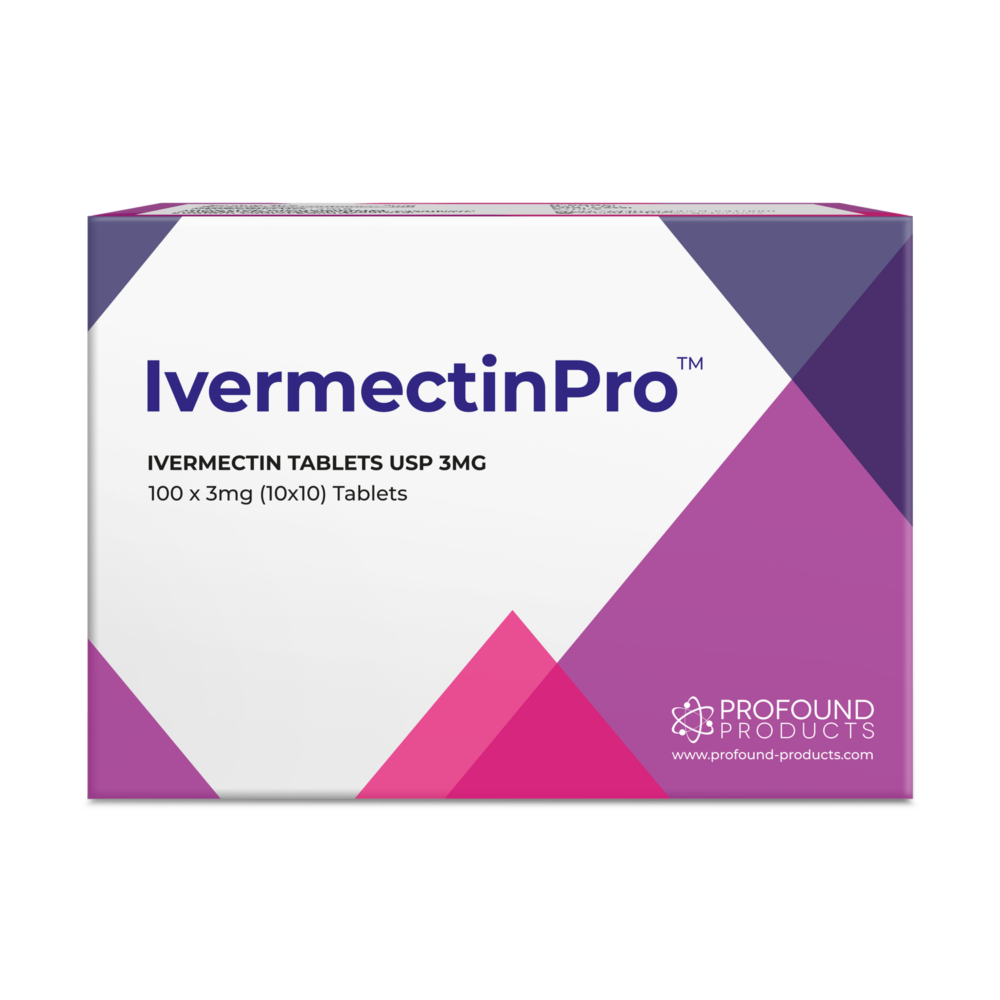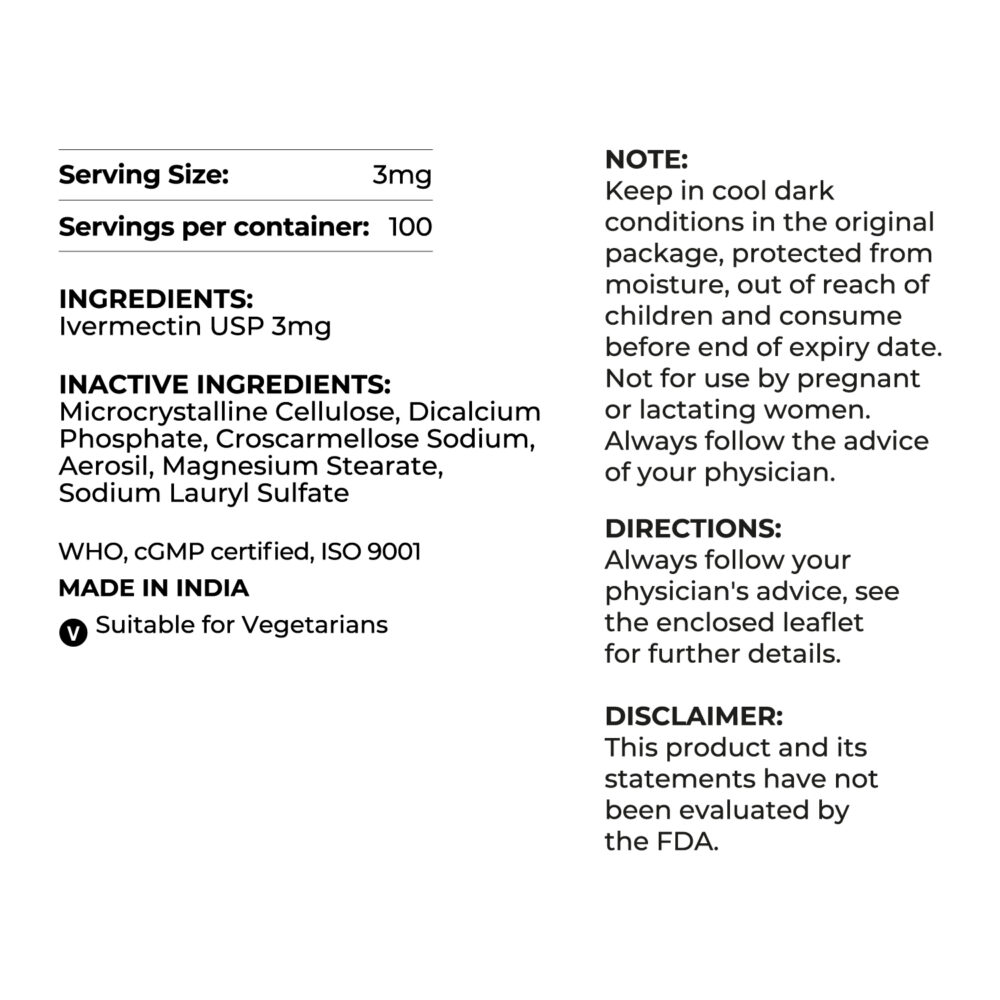Description
History
Ivermectin is an approximate mix of 80/20% of two avermectin derivatives, the avermectin family of compounds were discovered by Dr. Satoshi Ōmura of Kitasato University of Japan in 1970, within the soils of Dr. Omura’s golf club! (sic). From this discovery, Ivermectin was synthesized in 1975 and introduced as a medicine in 1981. In fact, half of the 2015 Nobel Prize in Medicine was awarded jointly to Drs. Omura and Campbell for discovering avermectin- noting within their award that; “the derivatives of which [Ivermectin] have radically lowered the incidence of river blindness and lymphatic filariasis, as well as showing efficacy against an expanding number of other parasitic diseases.”
Since coming into general medical use in 1981, today, Ivermectin is on the World Health Organization’s ‘List of Essential Medicines.’ This list contains the medications considered to be most effective and safe, meeting the most vital needs within a health system. As such, this WHO list is frequently used by many countries to help them develop their own essential medicines.
Pharmacology
Ivermectin can be given by mouth, injection or topically. It can interfere with the nerve and muscle functions of parasites and insects by binding to glutamate-chloride channels. Effectively, it opens these channels and increases the flow of chloride ions. This action paralyzes the affected tissue, eventually killing the parasite.
Safety
Ivermectin is not known to readily cross the blood brain barrier in humans and mammals, which is one reasoning as to why no serious side-effects have been noted in its normal use.
Side effects
As is quite typical with medication, side effects tend to appear at higher doses, or upon its first-time usage. The most reported ones are headache, muscle aches, dizziness, nausea, diarrhea, itching or a mild skin rash.
At larger doses, Ivermectin may make you feel dizzy, to lower the chance of dizziness, (or any side effect) always increase doses slowly. If you are affected, be careful moving around, operating machinery or going up and down stairs soon afterwards etc.
Contraindications
Ivermectin should not be used by persons with liver or kidney disease, and only used under professional care in persons with a severely weakened immune system such as in cancer, or HIV.
As it is not known whether Ivermectin will harm an unborn baby, it should not be used by pregnant nor lactating women.
Ivermectin should not be given to children under the age of 5, or who weigh less than 15 Kg. (33 lbs.).
Drinking alcohol could increase the chance of side effects from Ivermectin and therefore should be avoided on the same day.
Dosages
Always take Ivermectin on an empty stomach with a glass of water, at least 1 hour before, or 2 hours after a meal. Ivermectin is usually given in a single dose.
For the majority of treatments, the dose used is 0.2 mg. per Kg. (2.2 lbs.) bodyweight. Often in the cases of anti-parasite treatment, the dose is a one-off treatment, one that does not need to be repeated for several months.
Storage
There are no special requirements for Ivermectin storage, the usual requirements of a dark, cool, and dry cupboard are fine. Naturally, one should not take products that are past their expiry date.


